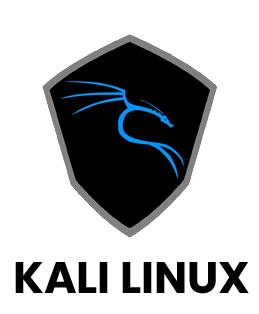- Join the Best Cyber Security Course to Master Security Concepts, Threats and Protection Mechanisms.
- Complete Cyber Security Training Covers Ethical Hacking, Network Security, and Security.
- Work on Real-Time Projects and Gain in-Demand Skills Through Practical, Hands-on Training.
- Choose From Flexible Learning Modes: Weekday, Weekend or Fast-Track to Suit Your Schedule.
- Advance Your Skills With a Cyber Security Certification Course and Job Placements.
- Get Guidance for Resume Building, Interview Preparation and Career Strategies.
Join Our 100% Job Guaranteed
Cyber Security Training
WANT IT JOB
Become a Cybersecurity Analyst in 3 Months
Freshers Salary
3 LPA
To8 LPA
Quality Training With Affordable Fees!

INR
36,000
INR 16,500

11536+
(Placed)
6069+
(Placed)
8743+
(Placed)
4552+
(Placed)

























 Chennai Location
Chennai Location Bangalore Location
Bangalore Location